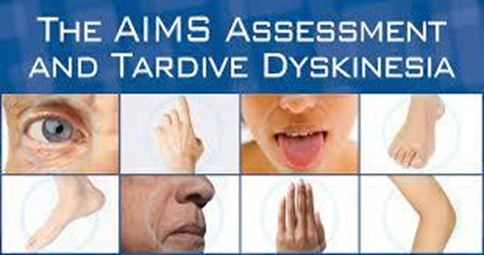In preparing discharge planning for a client who has been prescribed lithium for the treatment of bipolar disorder, the nurse must be sure that the client demonstrates an understanding of the need to monitor his or her diet for intake of:
Fats
Protein
Sodium
Potassium
The Correct Answer is C
Choice A rationale: fats are directly related to lithium therapy and does not require any special monitoring during the drug’s intake.
Choice B rationale: proteins do not affect the blood levels of lithium hence they do not require any special monitoring during the drug’s intake.
Choice C rationale: Lithium is a salt that can affect the fluid and electrolyte balance in the body and competes with sodium for their reabsorption in the kidneys.
Therefore, if the client consumes too much or too little sodium, it can alter the level of lithium in the blood and cause toxicity or ineffectiveness hence the need for close monitoring.
Choice D rationale: potassium does not affect the blood levels of lithium hence no special monitoring during intake is required.
Nursing Test Bank
Naxlex Comprehensive Predictor Exams
Related Questions
Correct Answer is D
Explanation
Choice A rationale: Increased sensitivity to light is a possible side effect of some antipsychotic medications, but it is not necessarily caused by flickering lights.
Choice B rationale: aggression is a symptom of schizophrenia but is not directly triggered by flickering lights.
Choice C rationale: over-stimulation is not caused by flickering lights but can instead be caused by excessive sensory input.
Choice D rationale: Flickering lights may trigger or worsen these hallucinations by creating sensory illusions or distortions, for instance, a client may see shadows, shapes, or colors that are not there.
Correct Answer is A
Explanation
Choice A rationale: The AIMS Scale refers to the Abnormal Involuntary Movement Scale and is used in the assessment of patients for the presence of involuntary movements across body regions. The score ranges from zero which denotes the absence of dyskinesia and four which stands for severe, maximal amplitude and persistence of the abnormal movements during the examination period. It is also used to monitor clients with tardive dyskinesia.
Choice B rationale: the Hamilton scale is a multiple-item questionnaire used in the assessment of clients for depression and provides a guide for patient recovery evaluation.
Choice C rationale: the Braden Scale is used in the assessment of clients for the risk of pressure ulcers.
Choice D rationale: the Morse Scale is a Fall Risk Assessment tool used in assessing the probability of a client sustaining a fall.

Whether you are a student looking to ace your exams or a practicing nurse seeking to enhance your expertise , our nursing education contents will empower you with the confidence and competence to make a difference in the lives of patients and become a respected leader in the healthcare field.
Visit Naxlex, invest in your future and unlock endless possibilities with our unparalleled nursing education contents today
Report Wrong Answer on the Current Question
Do you disagree with the answer? If yes, what is your expected answer? Explain.
Kindly be descriptive with the issue you are facing.
